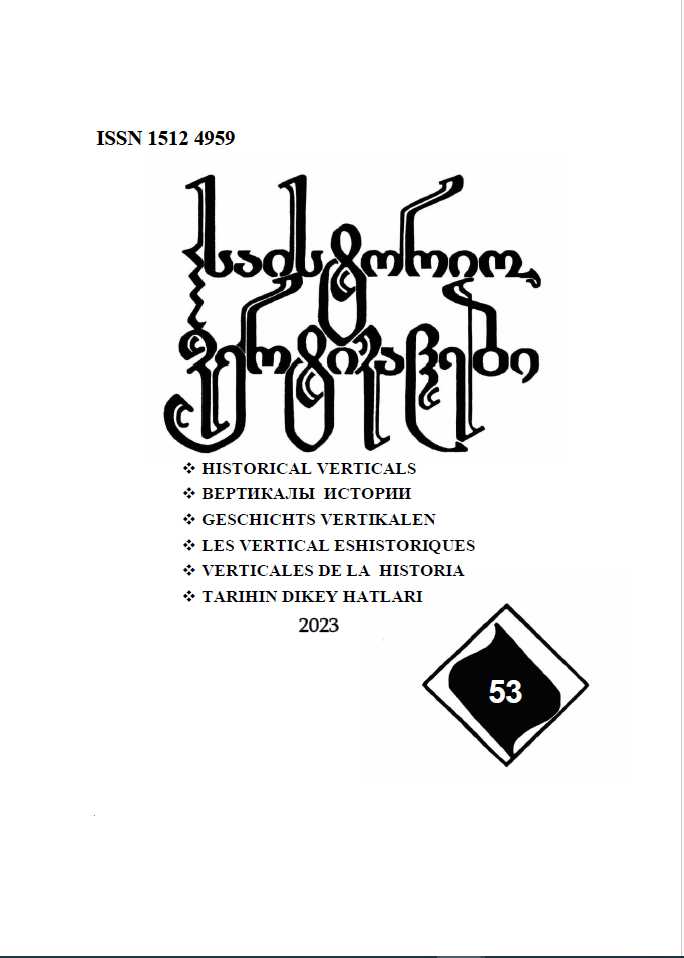THEORETICAL APPROACHES AND CLASSIFICATION OF THE STUDY OF ETHNOPOLITICAL CONFLICTS
Main Article Content
Abstract
Although ethnic and ethnopolitical conflicts have a long history in human history, researchers began to study them relatively late. According to Nathan Glaser and Daniel Moynihan, ethnicity is "a more fundamental source of stratification" than the class nature of society, and thus ethnicity and ethnic conflict will continue to be relevant in the future.
Ethnic conflict is when there is an organizational formation of a national movement or there is a socio-political force that aims to ensure the ethno-national interests of a specific people or ethnic group and, in order to achieve this goal, tries to change the current situation in the cultural, linguistic, socio-economic or political spheres of life. At the same time, ethnic conflict is always a political phenomenon, because it is usually necessary to use political ways and methods to solve cultural-linguistic or socio-economic problems and to achieve other national goals.
Resolving ethnopolitical conflicts is the most important political problem. It goes without saying that the consequences of these conflicts have an extremely negative impact not only on development, but also on the image of those states that cannot prevent them. But the most serious consequence of the escalation of conflicts is the enormous loss of life.
